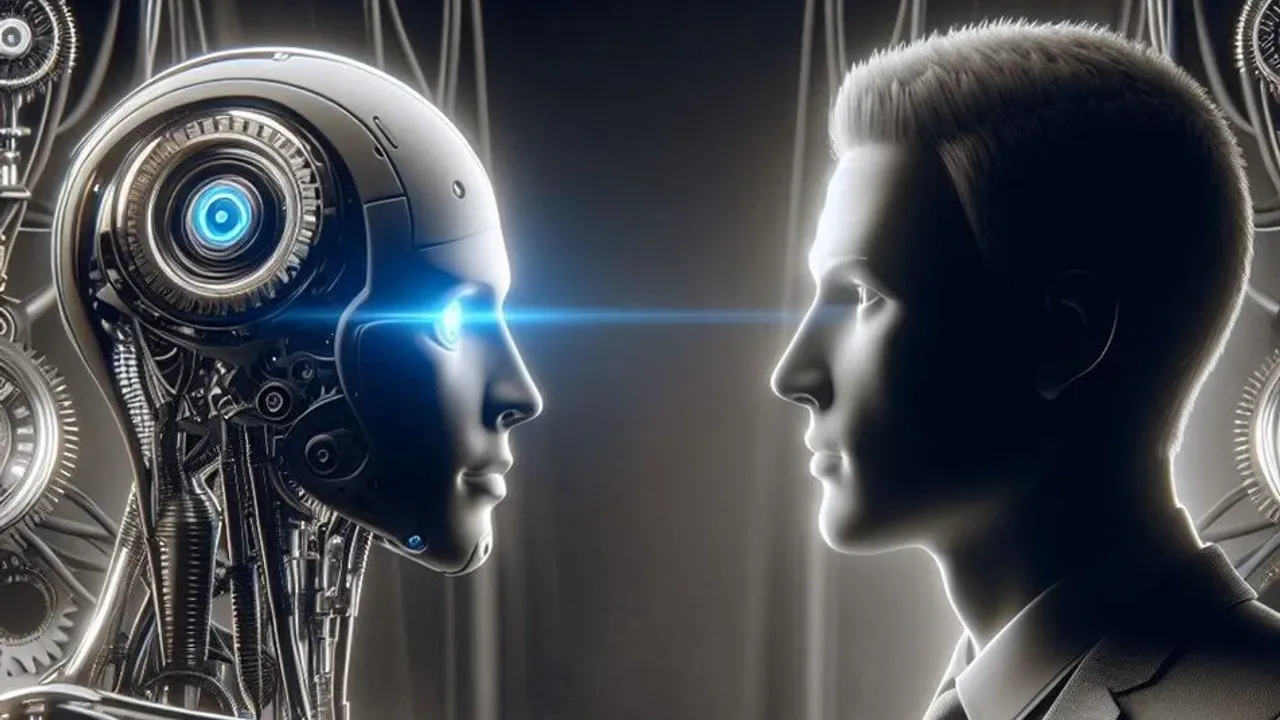The role of artificial intelligence in the business world is changing rapidly. Systems that were used only as a productivity-enhancing tool for a long time have now become direct determinants in human resources decisions. The research conducted by ResumeBuilder.com and involving 1,342 managers clearly reveals the extent to which this transformation has reached.
The final decision in layoffs may belong to artificial intelligence
While 66 percent of the managers participating in the survey stated that they received assistance from artificial intelligence in layoff decisions, 64 percent stated that the process was carried out by directly consulting these systems. Moreover, one in every five managers said that they left the layoff decision completely to artificial intelligence. This rate shows that decisions made without human intervention are more common than thought.

The use of artificial intelligence draws attention not only in layoffs but also in issues that directly affect employees’ careers, such as raises and promotions. According to the research, 78 percent of managers consult tools such as ChatGPT, Microsoft Copilot and Google Gemini when making raise decisions and 77 percent when making promotion decisions. It is stated that ChatGPT is the most preferred system among the systems used.
This table shows that artificial intelligence is not only a supporting element in human resources, but has become a decision-maker in many companies. However, this new order also brings serious problems. The tendency of LLM (large language model) systems to focus on user satisfaction, that is, to shape decisions in an approving way, makes the objectivity of these decisions questionable. OpenAI had to make technical updates to reduce this tendency in ChatGPT.
It is seen that artificial intelligence is also used by managers for the purpose of sharing responsibility. When the decision to terminate an employee is made not by the manager’s initiative but by the system’s suggestion, the process becomes less personal and less accountable. This situation increases the risk of prejudices being reproduced through artificial intelligence. The question of who makes the decision is left unanswered by leaving it to technology.
In addition, the psychological effects of artificial intelligence on users, not only in decision-making processes, are also noteworthy. The fact that some individuals perceive these systems as conscious beings brings with it psychological disorders called “ChatGPT psychosis”. Studies have recorded cases where this situation has led to serious consequences ranging from divorce, job loss, homelessness and psychiatric treatment.
Despite all this, it seems that the trend towards artificial intelligence continues unabated. However, the fact that the systems still carry the risk of producing “hallucinations”, that is, the tendency to create fake content that is unrelated to reality, questions the reliability of these technologies, especially in areas that directly affect human life. The fact that models become more prone to these errors as they are fed with more data also contradicts the expectation that systems should become more secure as they mature.













